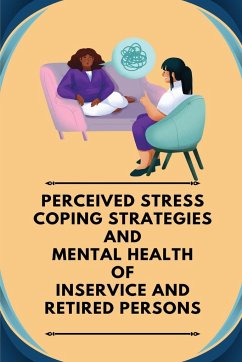Acceptance of one's age is the first step towards enjoying it. Sadly, many people try to hide their real age, and desperately try to look young, while they should feel proud of their age. Perhaps this denial is partly due to the awareness of morbidity and mortality as age progresses. The fear of unknown death can make ones remaining years on this earth quite miserable. Not accepting the ageing process gracefully lowers one's self-esteem, and even develops a sense of insecurity and worthlessness. It is a fact that the younger generation never has time for the older one, and it is futile to expect any generation to change. Bhatia (2004) announced that retirement or superannuation (in India, generally around 58 to 60 years) is one of the most significant emotional traumas that one faces in elderly life, and the vacuum in the subsequent days can shatter a person. People of age 55 years and older comprise the fastest-growing age group in the world. Changing mortality, fertility, and immigration patterns create some degree of uncertainty when predicting the future size of the retired population. As age increases, the employees have to get retired. In the central government the retirement age is generally 60 years, while 58 years for Haryana government employees in India.








